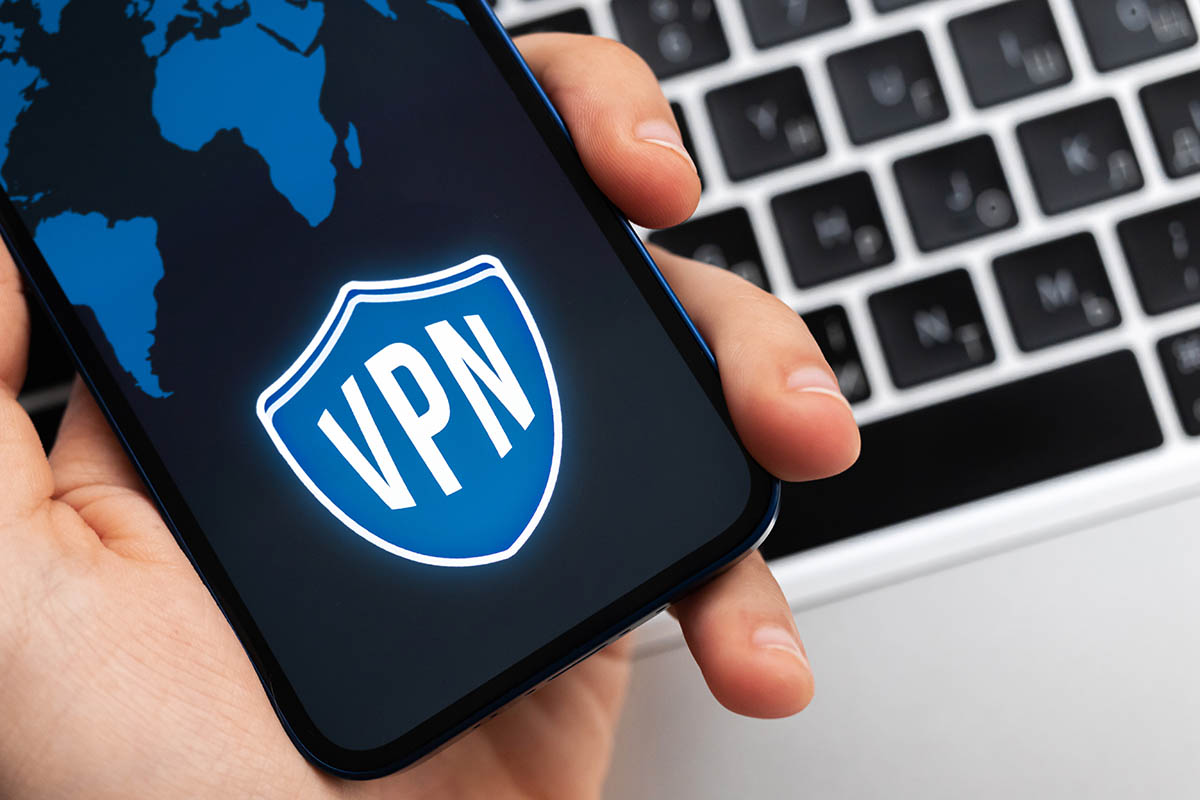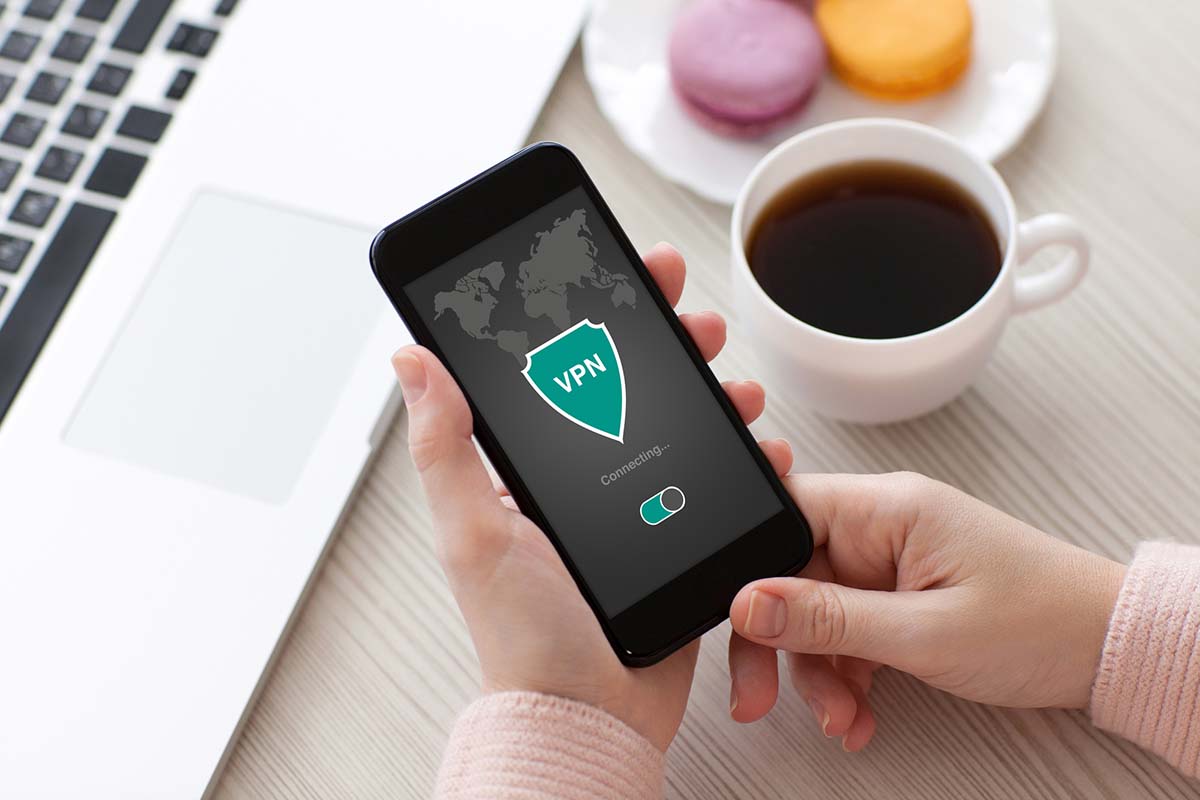Why Every Business Needs to Prioritize Email and VPN Security Today
Businesses rely heavily on email and VPNs to communicate and operate efficiently in our modern world. Unfortunately, cybercrime is also becoming increasingly sophisticated and prevalent.
Every business must prioritize email and VPN security today to stay protected from potential threats. In this blog post, we’ll explore why these two areas are so critical for your company’s safety and some best practices for bolstering your defenses against cyber attacks. So buckle up – it’s time to take your cybersecurity game to the next level!
Introduction to Email and VPN Security
The most crucial cybersecurity measures businesses must take when protecting their data from a cyber attack will relate to their email messages and VPN security. Because emails are one of the main ways businesses communicate with each other, it becomes one of the main ways cybercriminals will use to gain access to a business’s network.
An essential tool that businesses will use to keep their data safe and secure is a VPN (Virtual Private Network). This is an encrypted connection between a business’s network and the devices that connect to it. Using one keeps a company safe from eavesdropping and other cyber attacks.
Why is Email and VPN Security Essential for Businesses?
Email (preferably Sekur email) and VPN security are essential for businesses because they provide the first line of defense against cyber attacks. By securing email and VPN connections, businesses can prevent data breaches and protect their confidential information.
Cyber attacks are rising, and email and VPNs are among the most common targets. In 2018, over 1,000 reported data breaches were reported, and over half of them involving email or VPNs. Businesses cannot afford to take chances with cybersecurity, and email and VPN security should be top priorities.
There are a couple of reasons why email and VPN security are so crucial for businesses. First, email is often used to send sensitive information, such as passwords or financial data. Attackers who access a business’s email account could easily obtain this sensitive information. Second, VPNs provide companies with a secure way to connect to remote networks. If an attacker were to gain access to a business’s VPN connection, they could intercept confidential data or even take control of the entire network.
Email and VPN security are essential for businesses because they help to protect confidential information and prevent data breaches. By securing these two critical infrastructure components, businesses can significantly reduce their risk of being attacked by cybercriminals.
How Can Businesses Enhance Their Security?
In the wake of high-profile data breaches, many businesses seek ways to enhance their security. While no single measure can provide complete protection, companies can take several steps to make themselves less attractive targets for hackers.
One crucial step is to encrypt all sensitive data. This includes not only financial information and customer data but also email communications. Many businesses mistakenly believe that their providers automatically encrypt their email messages. However, this is not always the case, and even when it is, encryption can be bypassed by sophisticated attackers. By encrypting all email messages using a tool like PGP, businesses can make it much harder for hackers to access sensitive information.
Another way to improve security is to use a virtual private network (VPN). VPNs encrypt all internet traffic passing through them, making it impossible for anyone snooping on the connection to read the data. This is essential protection for businesses that transmit sensitive information over the internet, such as those in the healthcare and finance industries.
Businesses should educate their employees about security risks and best practices. Many attacks are successful simply because employees are unaware of the dangers and do not take proper precautions. By making security awareness part of employee training, businesses can help reduce the likelihood of successful attacks.
What Types of Email and VPN Security Technologies are Available?
Many email and VPN security technologies are available to businesses today. Some of the more common email security technologies include:
- SPF: Sender Policy Framework is an email validation system designed to prevent spammers from sending messages on behalf of your domain.
- DKIM: DomainKeys Identified Mail is an email authentication method that uses digital signatures to verify the legitimacy of messages.
- DMARC: Domain-based Message Authentication, Reporting, and Conformance is an email authentication policy and reporting system that builds on SPF and DKIM.
- STARTTLS: STARTTLS is a protocol for securing communications between email servers. It can be used to upgrade an existing unencrypted connection to an encrypted one.
Some standard VPN security technologies include:
- IPsec: IPsec is a protocol for securely encrypting communications over IP networks. It can be used with a variety of encryption algorithms and modes.
- SSL/TLS: SSL/TLS is a protocol for securely encrypting communications over the Internet. It can be used with a variety of encryption algorithms and modes.
- IKEv2: IKEv2 is a protocol for securely exchanging keys over IP networks. It can be used with IPsec for encrypting traffic.
Best Practices for Securing Your Network
There are a few best practices for securing your network that every business should prioritize. Firstly, ensure that your email server has a robust security system. This includes encrypting all communication between the server and client and using authentication methods like two-factor authentication.
Secondly, your VPN should be configured appropriately to use robust encryption methods and authenticate all users. Ensure your network is adequately segmented and each segment has its own security measures in place. Following these best practices ensures your network is secure and protected from threats.
VPN security technologies: Conclusion
In today’s digital world, email and VPN security should be a top priority for every business. The risks associated with poor data security can have far-reaching and potentially catastrophic consequences. Therefore, investing in adequate protection measures is essential to protect your businesses’ valuable assets. Ensuring that all emails are encrypted, regularly monitoring for any suspicious activity, and using strong passwords will help ensure your data remains safe from potential hackers and other cybercriminals.



















